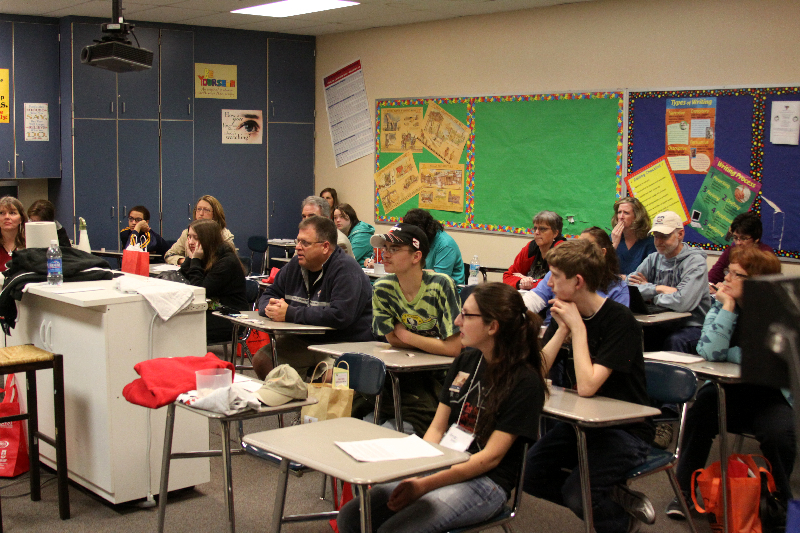AUGUST 4, 2016
The U.S. Department of Education’s Office of Special Education and Rehabilitative Services (OSERS) today issued guidance in the form of a Dear Colleague Letter (DCL) that emphasizes the requirement that schools provide positive behavioral supports to students with disabilities who need them. It also clarifies that the repeated use of disciplinary actions may suggest that children with disabilities may not be receiving appropriate behavioral interventions and supports. When schools fail to consider and provide for needed behavioral supports through the Individualized Education Program (IEP), it is likely to result in children not receiving the free appropriate public education to which they are entitled under federal law.
“All students, including those with disabilities, should have the supports and equitable educational opportunities they need to be successful in school,” said U.S. Secretary of Education John B. King Jr. “It’s our duty as parents and educators to ensure that children who show up at school to learn get the maximum out of their educational experience. This guidance will help schools create a safe, supportive learning environment for those students who need additional behavioral supports and services to help them thrive.”
Current law allows educators to remove students with disabilities from their classrooms if the student violates a code of conduct. Data indicates students with disabilities are disciplined at far higher rates than their non-disabled peers. The DCL includes two resource documents to assist teachers and school leaders. The Department is providing supports to assist teachers with classroom management strategies and assist schools in implementing school wide behavioral efforts to create safe and effective environments where all students are given an opportunity to positively engage in their education.
To better address school discipline and to shine a spotlight on inequities, the Department has updated its school discipline webpage,#Rethink Discipline. This online tool contains data, graphics, and other information on the prevalence, impact, and legal implications of suspensions and expulsions; resources on effective alternatives; and ways to effectively create positive school climates. The webpage also highlights the disproportionate rate at which black students, particularly black males, receive out-of-school suspensions, and data on suspended preschoolers, by race and gender.
The Dear Colleague Letter, as well as additional resources, can be found on the Rethink Discipline website.











